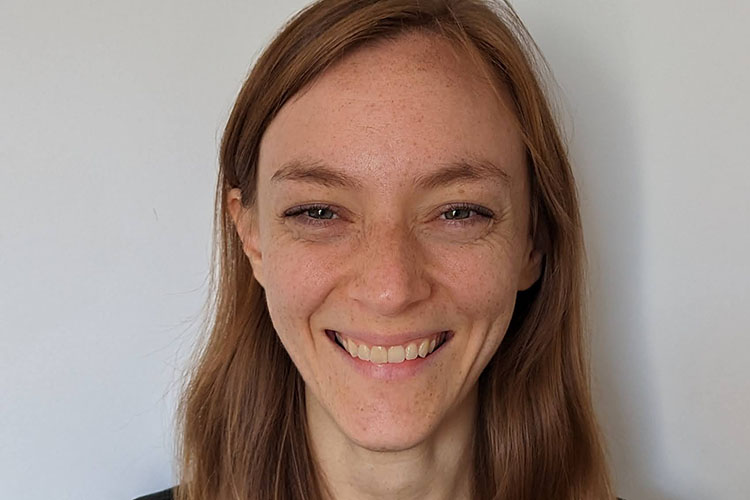Tell us about the research you are engaged in as a doctoral student at the Zilber College. What impact will it have on the community? What excites you most about it?
I am studying whether adverse childhood experiences may increase risk of young-onset breast cancer subtypes via mechanisms including lifetime body size. Adverse childhood experiences are prevalent in the United States, so it is important that we work to understand both the short- and long-term health effects of adversity. Doing so may help us to better understand observed trends and disparities in chronic disease and to design better interventions, which may promote the wellbeing of the community. I get excited about collaborating with people with diverse areas of expertise (e.g., social work, biostatistics, sociology, epidemiology) to work toward improved public health.
What inspired you to pursue your PhD at UWM?
While looking at faculty research areas at prospective universities, I was drawn to Dr. Ellen Velie’s work in the modifiable, social determinants of young-onset breast cancer through the Young Women’s Health History Study. Dr. Velie was able to offer me an opportunity to participate in her work as a research assistant, and that opportunity for hands-on experience doing social epidemiology – even as a first-year graduate student – persuaded me to pursue my PhD at Zilber.
What differences do you hope to make in the world with your work in public health?
Through my work, I hope to contribute to our understanding of how adversity affects chronic disease risk. I am excited for opportunities to use the knowledge and skills I’ve developed at Zilber to continue participating in the mission of promoting human flourishing.
What has been your favorite experience so far as a doctoral student?
I have loved getting into my dissertation research. I have enjoyed reading the literature about a particular topic, identifying areas that require additional exploration, finding and learning new analytic methods that may be well-suited to addressing these research aims, and working with collaborators to interpret and present research findings.
